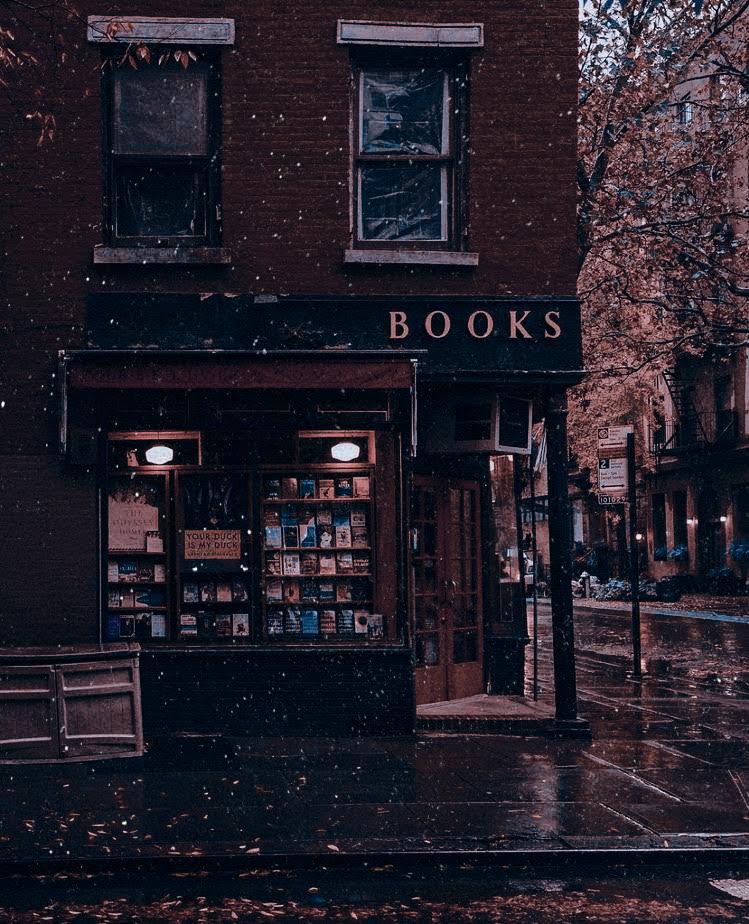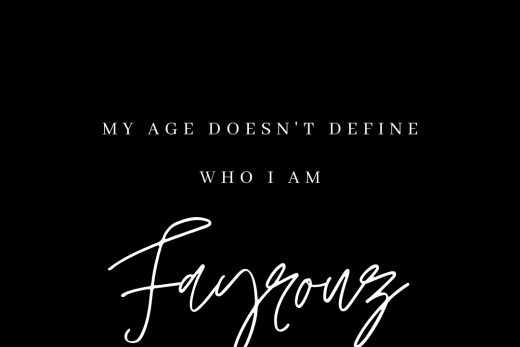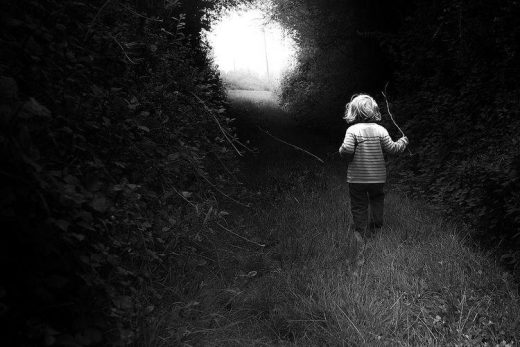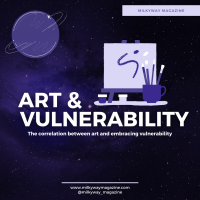
Guest writer: Laila Darwish
In his debut novel ‘Eyeliner and Cardamom’—aka ‘كحل و حبهان’—writer Omar Taher indulges in a perfectly detailed description of his emotions toward the scent of old books:
It’s the smell of the cigarette smoke of the first reader, combined with that of the dried flowers that the next reader has hidden between its pages while he was in love, together with the smell of the bedsheets of the third reader—a beautiful girl who has slept with the book in her arms—and all those scents amalgamate with the smell of the Venetian wood of a bookshelf in a vintage-furnished room, inside a house occupied by a widower who spends his time reading and watering the jasmine pots on his room’s windowsill…
Omar Taher – Eyeliner and Cardamom
Whenever I step into a secondhand bookshop, I am always overwhelmed by the air of mystery that fills the place. Perhaps it’s the smell of the dust that covers the surfaces, or the elderly man surrounded by heaps of books, always looking like he’s about to fall into a deep slumber. Perhaps it’s the unanswered questions: the desperate need to know every story that each book beholds between its lines.
On a sunny winter morning in downtown Alexandria, you decide to go for a walk through ‘Al Naby Danial Street’. You sift through the pages of books that you haven’t heard of before. Hoping to find the thread to a new mystery, you open the first page of a random classic novel. You do, indeed, find a short dedication, written in italics:
“to my precious nadia
i hope you find peace within the story, and comfort within the characters…
your loving anees
march, 68”
You start to wonder about the identities of Nadia and Anees. Have they gotten married? Do they have any kids? Are they both alive now? What are they having for lunch today? And what journey has the book gone through, to end up abandoned, along with a thousand other forgotten promises?
You look for any other messages between the chapters. A reply from Nadia, perhaps. But you don’t find any. So you sigh in despair, put the book down and smile at the snoring man, who gives you a daring look that says “all this for nothing?”
On your way back home, you think of Nadia and Anees. You realize you will never get to find out the real course of their lives. So you start making up one. You try to draw up the most intricate version of the story, with the purest and most satisfying happy ending. Here’s mine, in case you’re wondering:
They get married, of course, in a small apartment that overlooks the sea. Together, they build their life from scratch. And as time goes by, their small house starts to come to life, despite its minimalistic style. They try having kids, but it doesn’t work out, so they surrender to the lonely notion of growing alone together.
Their love doesn’t fade away, although their relationship seems to diverge from the path that they had paved earlier. The energy that used to fuel their conversations eventually burns out, but the way they look at each other in the morning doesn’t change. They grow old together, they cook and dance, Nadia knits scarves in her free time while Anees reads Khalil Gibran poetry to her. And after forty fruitful years of a beautiful marriage, Nadia sits by Anees, on his deathbed, holding his wrinkled hand, and telling him that he has been the biggest blessing in her life. He leaves her a will in a worn out envelope, and when she opens it, she finds the paperback with his dedication, forty years ago, and a message in a shaky handwriting:
“give this away. it might be the seed to a new eternal journey.”







